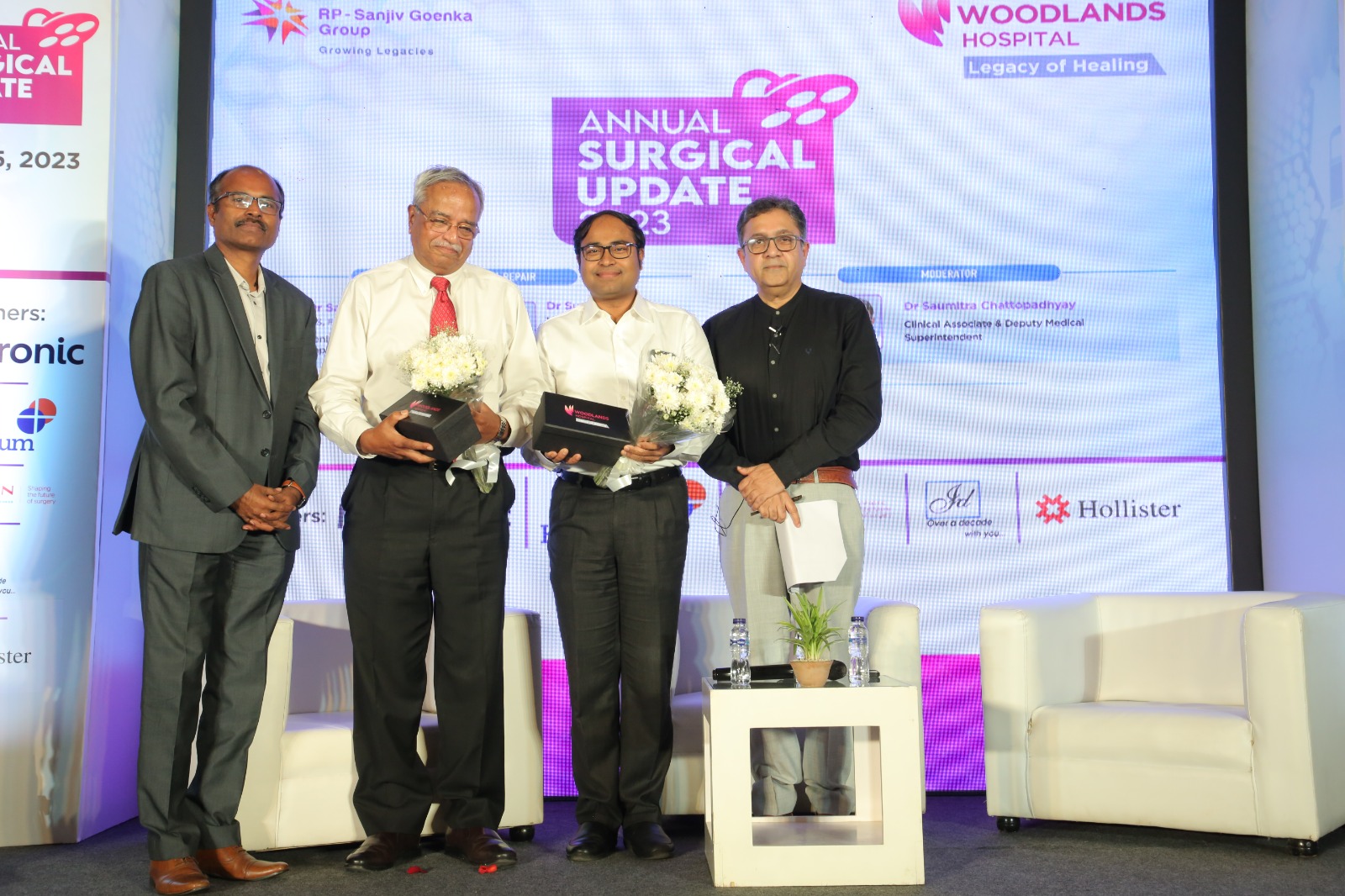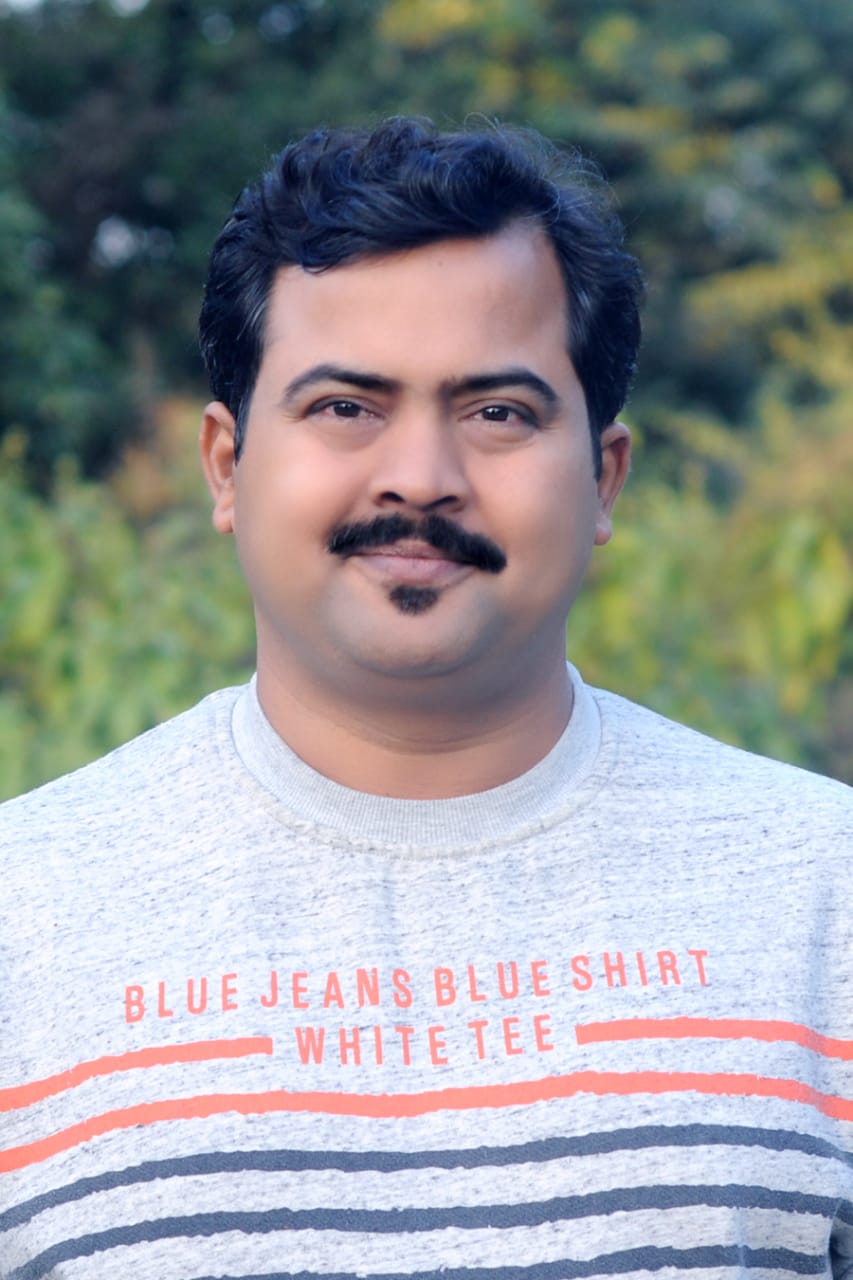Woodlands’ masterclass on breast cancer and key hole hernia surgery for city docs
RAJ KUMAR DAS
Doyens in the field of surgery participated in an academic session organised by Woodlands Hospital recently that delved deep into the management options pertaining to breast cancer and laparoscopic hernia repairs. In the audience were 100 general practitioners and corporate doctors of the city whose queries on the presentations of the diseases and best practices bore testimony to the success of the discourse. Heads of different superspecialities at Woodlands also graced the occasion.
At the CME (Continuing Medical Education) called the Woodlands Annual Surgical Update, in the first session on “Breast Carcinoma – Management Options”, Dr Darias Anklesaria, Director – Laparoscopic GI – HPB, Endocrine & Surgical Oncology, Woodlands, highlighted the age-old problem of late detection of breast cancers in India due to taboo as well as an abject lack of screening facilities and awareness. Dr Pinaki Banerjee, Chief Laparoscopic, GI-HPB Surgery, highlighted that a general practitioner or family physician suspecting breast cancer should advise the patient to straight away consult a breast surgeon rather than a gynaecologist, as is often the case. The two experts answered questions from the audience on various facets of the disease, including the choices in implants and the recommended frequency of examinations for patients with a family history of breast carcinoma.
In the following session, “Laparoscopic Hernia Repair”, diagnostic dilemmas in the detection of hernias were discussed by Dr Sanjay De Bakshi, Senior Consultant – General and Laparoscopic Surgery. The necessity of timely advice to a patient suffering from swelling or discomfort that is not responding to medicines to consult a surgeon was stressed upon, as the hernia could become incarcerated in the case of delays intervention. The pros and cons of laparoscopic and open surgery also came up for discussion. In the last segment, Dr Sumantra Ray, Consultant – General and Laparoscopic Surgery, spoke to the audience about the new biosynthetic resolvable mesh that actually dissolves in the tissue. Compared to the standard polypropylene mesh, there is much less foreign body sensation and feeling of hardness in the case of the new mesh even in the first few months. The mesh dissolves in 18 to 20 months. Both the sessions, on breast cancer and hernias, were deftly moderated by Dr Saumitra Chattopadhyay, clinical associate & deputy medical superintendent, Woodlands.
Earlier, in her address, Dr Rupali Basu, Managing Director & CEO, Woodlands Multispeciality Hospital Ltd, stressed on the importance of academics in the complex organisations like healthcare establishments. “Research and education are invaluable in a dynamic field like medicine where there are new diseases, new technology and equipment, new medicines all the time. We also have to master the new processes, protocols and guidelines that keep coming our way,” she said. “To be a premier institute or close to the top, you have to traverse the path of academics,” she signed off.




